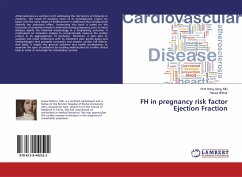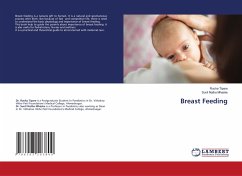Cardiac output is determined by the amount of blood returning to the heart (preload), the strength of myocardial contractility and the resistance against which the heart must pump (afterload) (1). It is therefore, very important to consider preload when choosing treatment strategies for cardiovascular compromise. Despite this, methods for assessing preload in infants are limited. Central venous pressure (CVP) (also known as: right atrial pressure; RAP) describes the pressure of blood in the thoracic vena cava, near the right atrium of the heart. CVP reflects the amount of blood returning to the heart and the ability of the heart to pump the blood into the arterial system. It is a good approximation of right atrial pressure, which is a major determinant of right ventricular end diastolic volume. As a consequence, CVP is a good indicator of right heart function (2). CVP has been, and often still is, used as a surrogate for preload which in turn helps to define the intravascular fluid volume status and guide fluid management. CVP monitoring is a mainstay of estimating intravascular fluid status and cardiac preload in critically-ill patients (3).
Bitte wählen Sie Ihr Anliegen aus.
Rechnungen
Retourenschein anfordern
Bestellstatus
Storno








